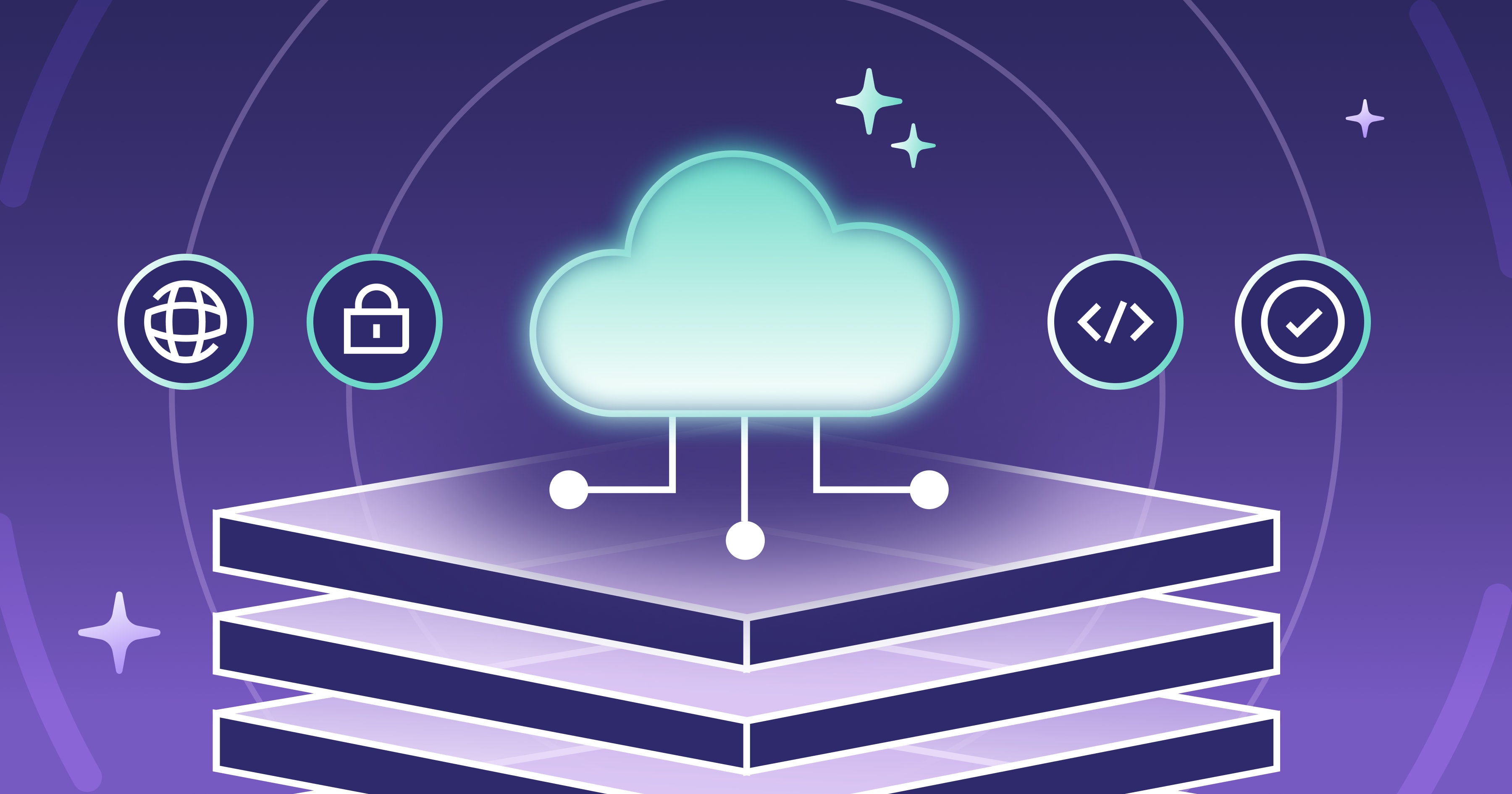Published on: September 2, 2025
6 min read
Why enterprise independence matters more than ever in DevSecOps
As leaders question who controls their development infrastructure, GitLab's independence and transparency advantages have never been more relevant.

For over a decade, GitLab has been committed to transparency, independence, and putting developers first. Today, as the industry evolves, this matters more than ever. Enterprise leaders are asking critical questions: Who ultimately controls your development infrastructure? How is your code being used in AI systems? What happens when vendor priorities shift away from your critical requirements?
Last month, we announced GitLab 18.3, the latest release of our AI-native DevSecOps platform. Agent Insights, part of GitLab Duo Agent Platform, provides visibility into agent decision-making processes. Expanded AI model support means no vendor lock-in. Enhanced governance controls help enable compliance across multiple jurisdictions.
These aren't just features. They're demonstrations of the transparency, independence, and developer-first approach that defines GitLab. Here's how this strategy translates into practice.
AI transparency across the DevSecOps lifecycle
At GitLab, our decade-long commitment to transparency directly addresses these concerns. As artificial intelligence becomes increasingly integrated into development workflows, organizations are rightfully concerned about how their code and data are being used for AI training.
The GitLab AI Transparency Center, launched in April 2024, provides clear documentation of our data governance practices, privacy protections, and ethical AI principles. Unlike platforms that may operate AI features with unclear data usage policies, GitLab prioritizes transparency so that customers can understand exactly how their data is processed, stored, and protected — with no training on that data.
Our approach extends to model flexibility and vendor independence. While some platforms lock customers into single, large language model (LLM) providers, creating additional vendor dependencies and potential single points of failure, GitLab's AI features are powered by a variety of models. This approach enables us to support a wide range of use cases, providing customers with the flexibility to align with their strategic priorities.
As we further develop GitLab Duo Agent Platform, we remain focused on data control and maintaining comprehensive human-in-the-loop controls. And GitLab Duo Self-Hosted provides complete data sovereignty with air-gapped deployment options, zero-day data retention policies, and the ability to process all AI requests within your own infrastructure.
Since May 2024, we've also maintained an AI continuity plan with an industry-leading commitment: the ability to evaluate and move to a new model within 30 days if a provider changes its practices regarding customer data. This proactive approach to AI vendor risk management reflects our dedication to customer control.
Choice in deployment, choice in cloud provider
You should be able to choose how and where to deploy your DevSecOps environment. GitLab provides genuine deployment flexibility. Organizations can choose from on-premises installations, multi-tenant SaaS, or GitLab Dedicated, our fully managed single-tenant SaaS solution, without sacrificing functionality or facing artificial restrictions designed to drive ecosystem lock-in. GitLab is also cloud-neutral, allowing customers to use the cloud provider that best suits their business needs and environment.
This flexibility proves invaluable when navigating complex jurisdictional requirements and regulatory challenges. When new data localization laws emerge — as we've seen across the European Union and other regions — organizations using GitLab can rapidly adapt their deployment strategies without being constrained by ecosystem dependencies.
From a procurement and risk management perspective, platform independence also provides crucial leverage in contract negotiations. Organizations aren't forced into restrictive licensing agreements that prioritize vendor interests over customer needs. This independence becomes particularly critical as enterprises become more vigilant about who controls their AI stack.
Security and compliance: Built-in and always a priority
Security and compliance are now equally important to development features and should be built into the platform, not retrofitted as an afterthought. GitLab's single platform approach provides significant advantages over fragmented platforms that rely on third-party add-ins to match basic security and governance features. This architectural difference has significant implications for possible legal risk, operational efficiency, and regulatory compliance. Each additional tool in the chain represents another potential point of failure, another set of terms and conditions to negotiate, and another source of risk.
GitLab provides comprehensive built-in security and compliance capabilities, including custom compliance frameworks, dynamic application security testing (DAST), API fuzz testing, coverage-guided fuzzing, and infrastructure-as-code testing. These capabilities are natively integrated into the platform, offering consistent policy enforcement and reducing the compliance complexity and additional costs that come with managing multiple third-party tools.
Our compliance center provides a central location for teams to manage their compliance standards, adherence reporting, violations reporting, and compliance frameworks for their group. This unified approach to compliance management is particularly valuable for organizations operating in highly-regulated industries where audit trails and compliance documentation are critical.
Staying close to our open source community
The best tools are shaped by the people who use them. Our commitment to open source and engagement with our community has been core to GitLab since our founding. For instance, our Co-Create program is a collaborative initiative that enables customers to work directly with GitLab engineers to contribute features, fixes, and enhancements to the GitLab platform.
Our transparency value remains fundamental to our business. An example of this is our open issue tracker, where customers can follow our progress and engage directly with the GitLab team in discussions about ways we can improve our product. We recently launched our Healthy Backlog Initiative to give customers even greater visibility into our planning and direct their feedback to places with the greatest impact.
Our approach enables organizations to contribute to and benefit from open source innovation while maintaining the governance, audit trails, and security controls required for regulated environments.
Data governance: Your data, your control
You maintain complete control over your data and how it's processed. Data governance has become an increasingly critical factor in enterprise technology decisions, driven by a complex web of national and regional data protection laws and growing concern about control over sensitive intellectual property — like source code, customer insights, strategic initiatives, and competitive intelligence.
With GitLab, you can manage who has access to AI-powered capabilities within the platform, extending beyond simple access controls to encompass encryption standards and audit capabilities aligned to regulatory frameworks. Also, customers' code and data are never used to train AI models.
The choice is clear
GitLab continues to lead in AI-native DevSecOps platform innovation – our recent 18.3 release demonstrates this – while staying true to the independence and transparency commitments that have always guided us.
Customers have a choice and it's clear: retaining control vs. vendor lock-in; transparency vs. uncertainty; dedication to innovation vs. whims of the larger ecosystem.
GitLab provides the foundation for sustainable digital transformation that balances innovation with independence, helping you achieve business value for your customers.

